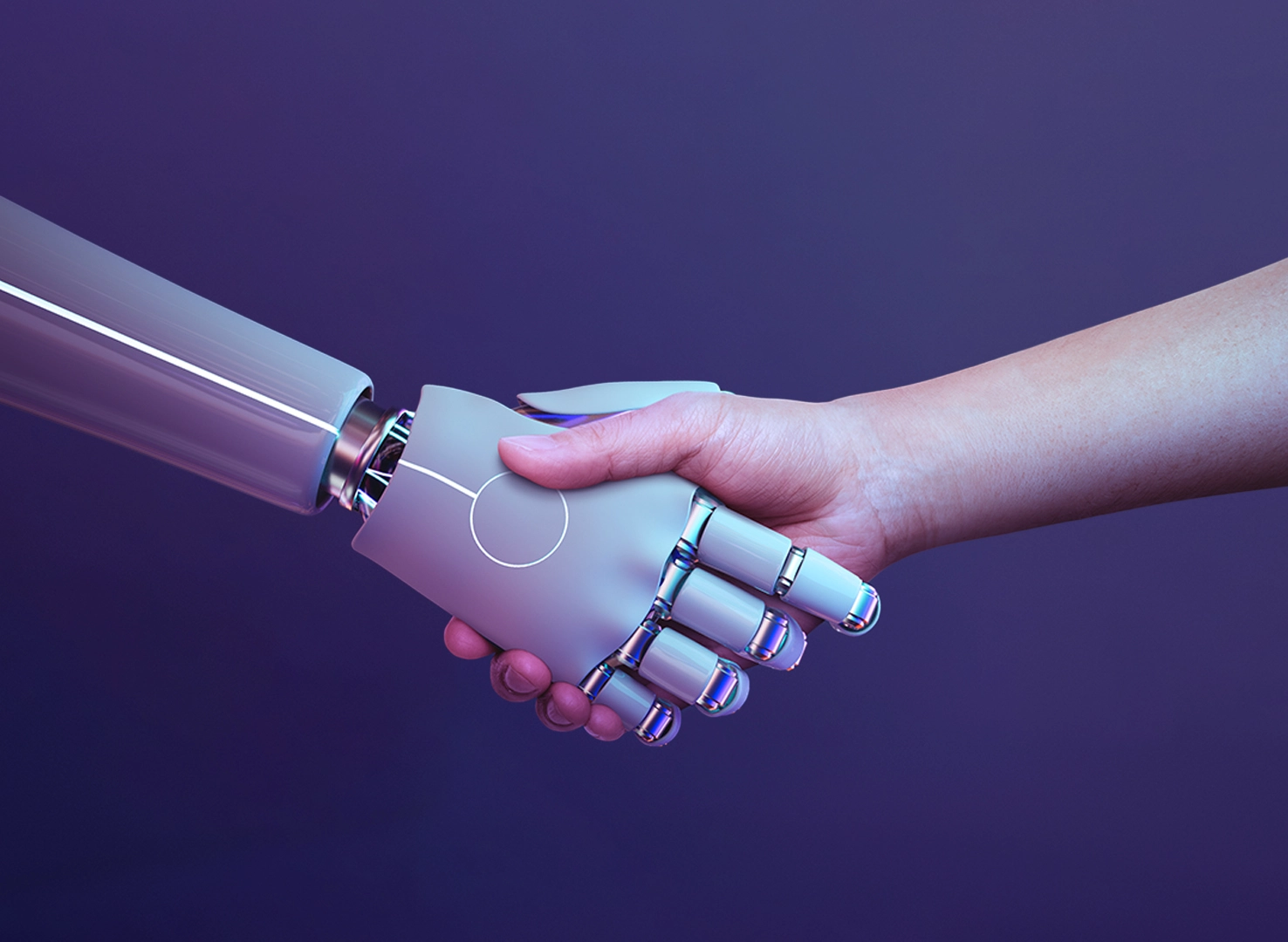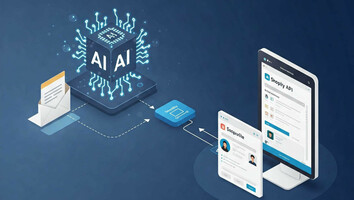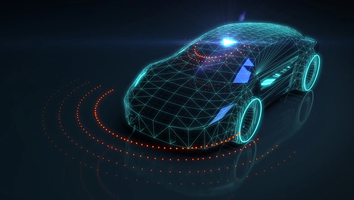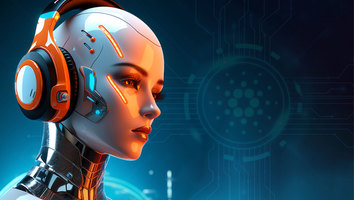Most sectors have benefited greatly from artificial intelligence recently and will continue to do so in the future. Many industries, both public and commercial, are now utilizing AI to their benefit and growth because of the pandemic-induced acceleration of technology adoption.
AI has fueled the development of numerous advancements over the last few years, including the Internet of Things (IoT), robotics, analytics, and voice assistants. The most patent applications in 2020, according to research, were for AI. This is nothing new; during the past few years, AI has been the subject of numerous patents.
-
Artificial Intelligence Future in Healthcare
AI will be essential in helping to prevent more than 85% of errors in the healthcare sector. The use of AI in healthcare will help democratize the industry for the good of both patients and healthcare professionals, while also reducing costs and improving accuracy through predictive treatment.
Artificial intelligence and predictive analytics can be used to better understand the different elements (birthplace, dietary habits, local air pollution levels, etc.) that affect a person's health. Future healthcare systems powered by AI should be able to predict when a person is most likely to develop a chronic illness and offer preemptive treatment to stop it before it gets worse.
-
AI to Open Up Millions of New Job Opportunities
We may see a more comfortable future for ourselves with artificial intelligence automating all types of work, one that will create new jobs rather than eliminate existing ones. World Economic Forum research on the Future of Jobs predicts that by 2022, artificial intelligence will generate 58 million new jobs. By 2030, there is a very good probability that AI will perform better than humans on the majority of mental tasks, but that does not mean that jobs will be eliminated.
-
Medicine
Why take medication that works for most people when it might be customized for you? Thanks to AI algorithms, medical professionals and facilities will be able to analyze data more effectively and customize each patient's health care to suit their genetic makeup, environment, and lifestyle. From identifying brain tumors to choosing the most effective cancer treatment for a certain patient, AI will be the driving force behind the revolution in personalized medicine.
-
Vital Tasks
Seniors will be able to live freely and longer in their own homes thanks to AI assistants. AI innovations will keep a stock of nutritious food on hand, safely reach products on high shelves, and monitor mobility in a senior's home. The tools could help with bathing, personal hygiene, and keeping the grounds and windows clean. Many more repetitious and physically taxing jobs are perfect for AI-based solutions. AI-assisted work may be much more important in dangerous areas including mining, firefighting, mine clearing, and handling radioactive materials.
-
Transportation
The most significant impact of AI in the near future may be on self-driving cars. Artificial intelligence (AI) drivers never put on makeup, look down at the radio, or argue with their kids in the backseat. Autonomous vehicles are now a reality thanks to Google, and by 2030, they will be commonplace.
-
e-Learning
One of the most significant issues facing modern society is the lack of universal public education, particularly in emerging nations. Automation fueled by artificial intelligence may hold the key to this issue. Thanks to resourceful businesses that produce educational software, mass education is now feasible.
However, other sections of the world have already embraced the education of the future. Artificial intelligence-powered automation has replaced antiquated classroom decor and teacher restrictions.
Students would eventually have access to all databases pertinent to their field of study. People would have unheard-of access to the findings made by the best researchers in the world thanks to this access, greatly enhancing their understanding.
-
Cybersecurity
It's unsettling to think about artificial intelligence-based cybersecurity. In popular culture and motion pictures, this combination has been portrayed as dangerous. Artificial intelligence-based cybersecurity is a controversial pick on this list because it compromises privacy and human rights.
On the other side, as digital technology has developed, cybersecurity has grown in importance. AI is already helping businesses identify malware and create cutting-edge firewalls to thwart attackers.
Future cybersecurity safety measures will probably immediately spot hazardous trends. By inspecting network packets beforehand, machine learning will enhance threat neutralization.
-
Artificial Intelligence Future in Banking
The global business value of AI in Banking is forecast to reach $300 billion by the end of 2030, according to IHS Markit's AI in Banking research. With lower costs, higher productivity, and better customer experiences, artificial intelligence is poised to dominate sectors like business intelligence and security in the coming ten years. Robo advisors in wealth management will spread like wildfire and revolutionize the banking industry, saving both consumers and wealth managers a great deal of time. The banks of the future will employ AI to tailor consumer experiences in addition to personalizing their services and goods.
-
High-Tech Robotics
The development of useful robots has already shown how far AI has progressed. But when it comes to developing technically difficult robotics, there are various possibilities.
Artificial intelligence-powered robots are already widely employed in fields including engineering, manufacturing, and healthcare. On the other hand, highly developed robots could be useful for deep-earth exploration, disease control, and space travel.
Given how swiftly AI is evolving, these robots would need a greater level of intelligence, but it is plausible.
Conclusion
Future possibilities for artificial intelligence are limitless. However, organizations and individuals must be aware of the limitations and restrictions of technology before employing it.
Our AI software developers create AI-driven solutions that assist your company in problem-solving, task automation and improving customer service.



